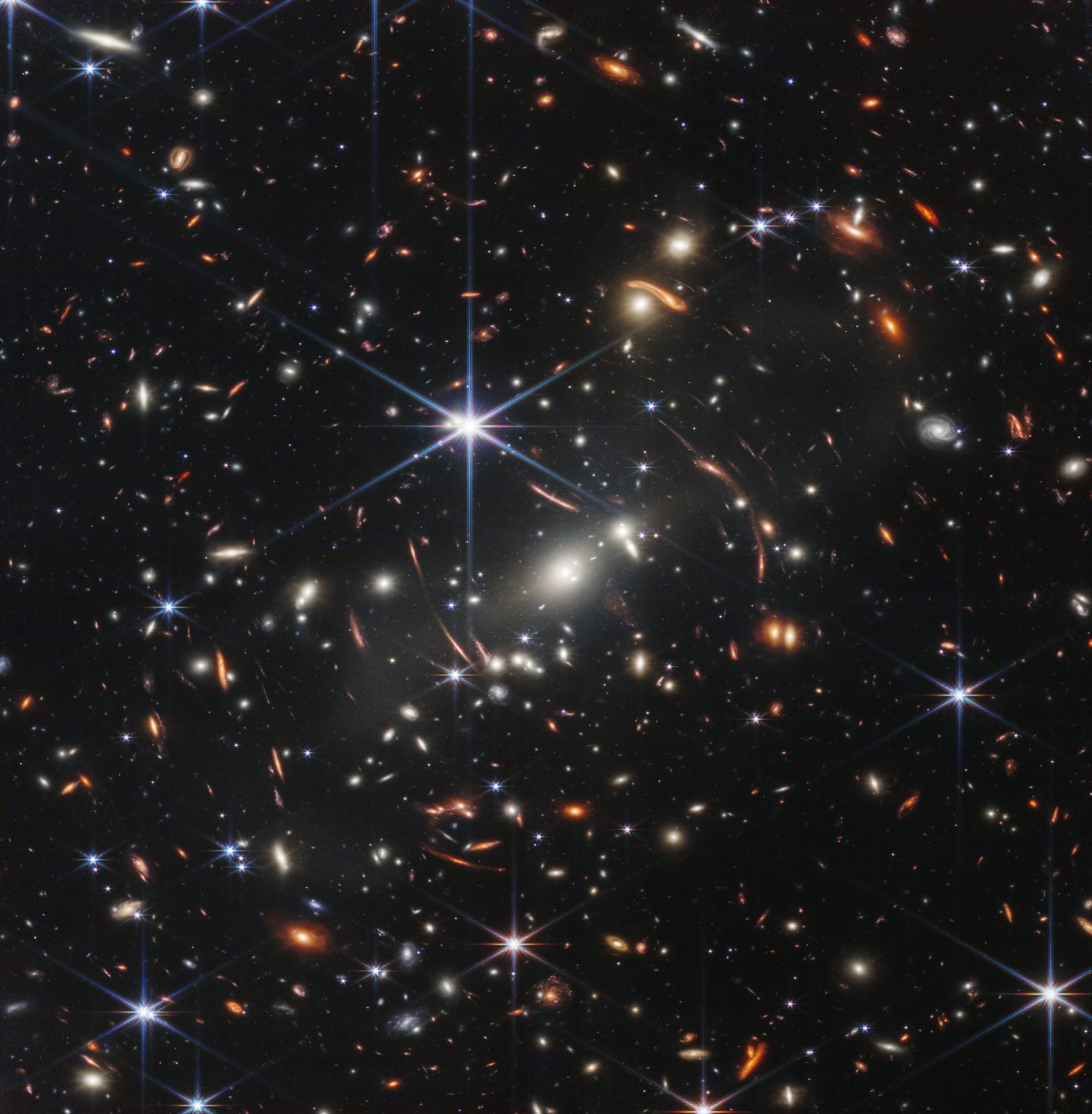On this ID the Future, physicist Brian Miller looks at various attempts to evade the mounting evidence that the universe had a beginning, a Big Bang. Miller and host Casey Luskin first review the fascinating history of how the eternal universe model of the nineteenth century gave way to the Big Bang model. Then Miller walks through about a half a dozen attempts to evade a cosmic beginning after the Big Bang model had won the day. These evasions include the steady state model, the idea of an eternal cyclical universe, and the string landscape model. According to this model, our universe exists in a multi-dimensional brane (not “brain”) which exists in a higher dimensional space, and our multi-dimensional brane can collide with other branes, with each collision creating a Big Bang moment, a process said to have been going on for all eternity. Miller then explains why each of these attempts to evade a true cosmic beginning fail, and he says that if matter, energy, and space came into existence at the moment of the Big Bang, then it follows that the cause of this cosmic beginning is something immaterial. And since the cosmic beginning was finely tuned in many astonishing ways, Miller says, the cause of the Big Bang has left the signature of intelligent design. The cause, then, is an intelligent, immaterial being and one, obviously, of unimaginable power. Miller and Luskin then touch on a final attempt to evade these implications, the idea that the universe could have popped into existence from nothing—no God, no anything. But as Miller shows, the proposals along these lines, offered by such physicists as Lawrence Krauss and Stephen Hawking, do not actually start from nothing. There is always a something at the ground state, a something whose origin is left unexplained. The occasion for the conversation is Miller’s essay in the recent Harvest House anthology, The Comprehensive Guide to Science and Faith: Exploring the Ultimate Questions About Life and the Cosmos.




